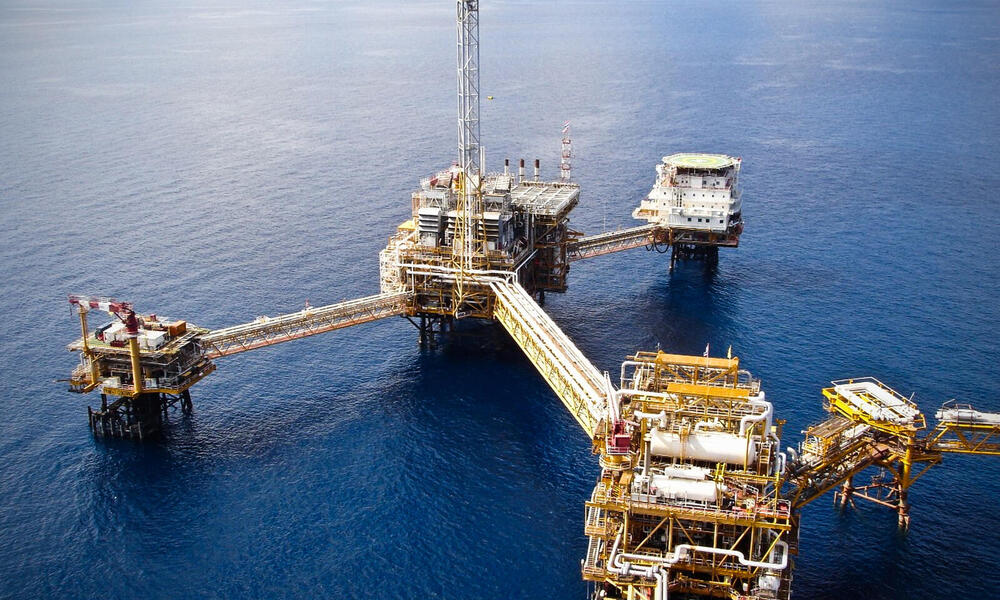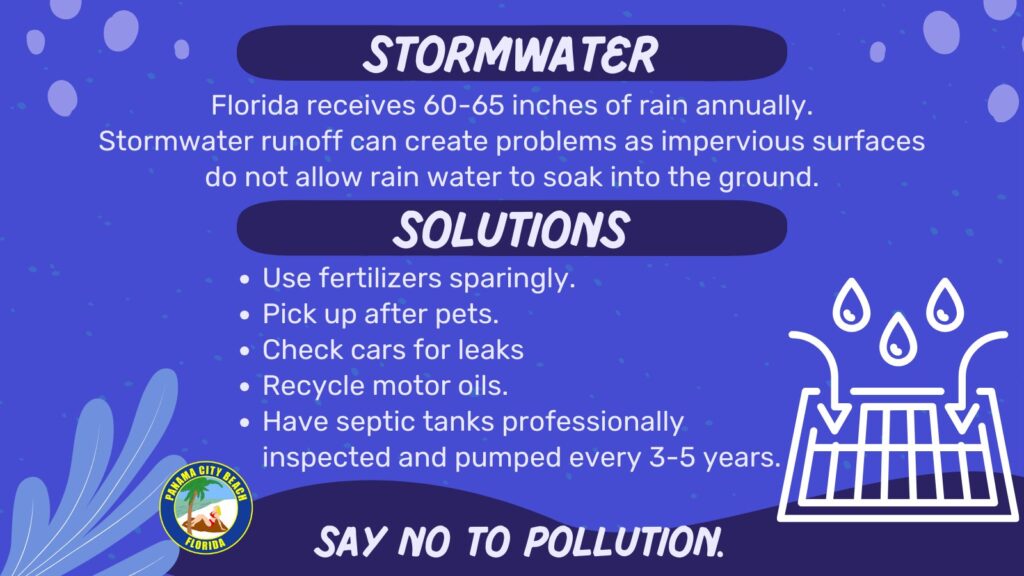Oil spills can have devastating effects on the environment, causing harm to marine life, ecosystems, and human health. Let’s explore the various ways in which oil can damage the environment.

Credit: gijn.org

Credit: www.worldwildlife.org
1. Water Pollution
Oil spills in water bodies can lead to water pollution, affecting aquatic life and disrupting the balance of ecosystems. The oil can form a thick layer on the water surface, preventing sunlight from reaching underwater plants and affecting photosynthesis.
2. Impact on Marine Life
Oil spills can be particularly harmful to marine life, as the oil can coat the feathers of birds, fur of mammals, and scales of fish, leading to suffocation, poisoning, and death. The toxic components of oil can also cause long-term damage to the reproductive and immune systems of marine organisms.
3. Contamination of Soil
When oil spills occur on land, they can contaminate the soil, making it unsuitable for agriculture or vegetation growth. The chemicals in oil can seep into the ground, affecting groundwater quality and posing risks to human health.
4. Air Pollution
Oil spills and oil extraction activities can release volatile organic compounds and greenhouse gases into the atmosphere, contributing to air pollution and climate change. The burning of oil can also release harmful emissions, such as sulfur dioxide and nitrogen oxides.
5. Disruption of Ecosystems
Oil spills can disrupt entire ecosystems, affecting the interactions between different species and leading to a decline in biodiversity. The loss of key species can have cascading effects on the food chain and ecosystem stability.
6. Long-Term Effects
The effects of oil spills can be long-lasting, with some ecosystems taking years or even decades to recover. The lingering presence of oil can continue to harm wildlife and habitats, creating a legacy of environmental damage.
7. Health Risks
Exposure to oil and its by-products can pose health risks to humans, including respiratory issues, skin irritation, and increased risk of cancer. Communities near oil spills or extraction sites may experience higher rates of health problems due to exposure to toxic substances.
8. Impact on Coastal Communities
Oil spills can have profound impacts on coastal communities that rely on fishing, tourism, and other marine-related activities for their livelihoods. The loss of marine resources and damage to coastal habitats can devastate local economies and cultural traditions.
9. Cleanup Challenges
The cleanup of oil spills can be a complex and costly process, requiring specialized equipment and expertise. Containment booms, skimmers, and dispersants are often used to mitigate the spread of oil, but these methods can also have negative impacts on the environment.
10. Prevention and Mitigation
Preventing oil spills and minimizing their impact on the environment require a combination of regulatory measures, technological advancements, and industry best practices. Implementing spill response plans, conducting regular inspections, and investing in alternative energy sources can help reduce the risk of oil-related environmental damage.
Conclusion
Oil has the potential to cause significant damage to the environment, impacting water, air, soil, ecosystems, and human health. It is essential for governments, industries, and individuals to work together to prevent oil spills, minimize their effects, and transition towards more sustainable energy solutions.


